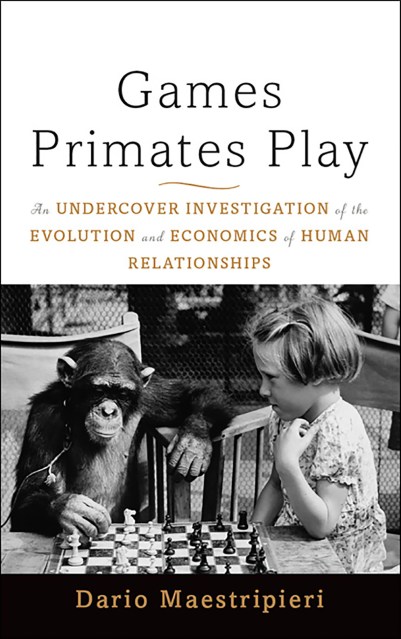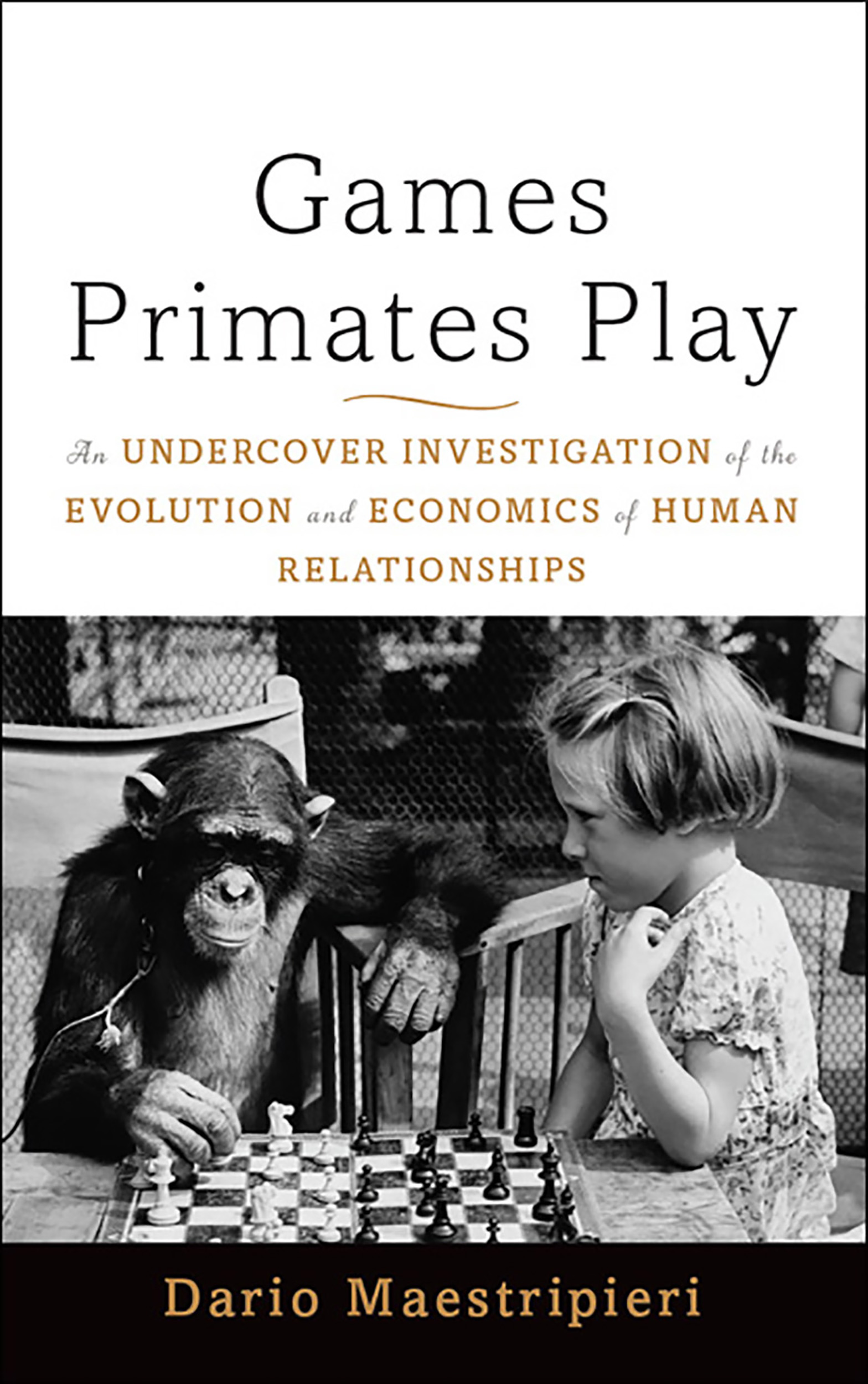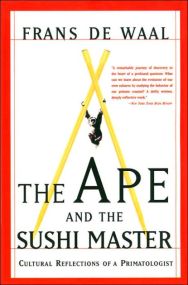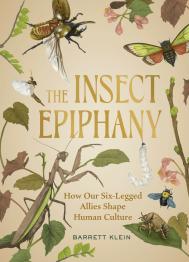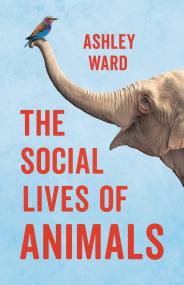Games Primates Play
An Undercover Investigation of the Evolution and Economics of Human Relationships
Contributors
Formats and Prices
Price
$18.99Price
$24.99 CADFormat
Format:
- ebook $18.99 $24.99 CAD
- ebook $11.99 $15.99 CAD
- Hardcover $27.99 $31.00 CAD
Also available from:
-
New Scientist
“Just how our biology drives behaviour is the subject of numerous books, but Maestripieri does a commendable job of bringing something fresh to his analysis.... Games Primates Play is an interesting, funny and engaging study of human nature. And Maestripieri's amusing and often endearing anecdotes add colour and insight.”
Library Journal (starred review)
“This informative and provocative work is a major contribution to understanding and appreciating the nature and behavior of humankind.”
Discover
“A spirited, insightful narrative that explores the ways our interpersonal relationships resemble those of our primate cousins”
Salon
“By exploring our social lives through the lens of an evolutionary biologist, Maestripieri breaks down the most routine of social interactions into deeply embedded behaviors from our genetic forebears. Just like humans, other primates grapple with questions of dominance, reciprocation, nepotism and fidelity. He demonstrates how his own life, the lives of celebrities, and corporate success strategies all derive from a single, primal need to find our place in a group.”
-
Robert Sapolsky, Professor of Neuroscience, Stanford University, and author of A Primate's Memoir
“At the end of the day, there is no social interaction of humans that does not bear the imprint of our being a species of animal, of primate, of ape. In this smart and witty book, one of our finest primatologists, Dario Maestripieri, gives a tour of human social behavior and its primate legacy. A fun, insightful read.”
Laura Betzig, author of Despotism and Differential Reproduction
“There's a new maestro on the block, and he's written a great book. When a chimp strays into a strange troop, why is he at risk of getting his testicles ripped off? Whose eyeball is a capuchin monkey most likely to poke? How would a long-tailed macaque take over Microsoft? Read Dario Maestripieri, and capisce.”
Nature
“Reasoning that social selective pressures are similar in humans and other primates—and roping in ‘rational' models such as game theory—[Maestripieri] examines everyday situations from multiple perspectives. Whether scoping out the ‘elevator dilemma' of sharing a confined space with strangers, the human tendency to nepotism or the ‘economics of love', Maestripieri argues his case compellingly.” -
Publishers Weekly
“[E]ngaging.... Drawing on his own work with rhesus macaques as well as broader primate literature, Maestripieri offers solid grounding in the basics of animal behavior while discussing the evolutionary roots of complex social patterns. The behaviors he focuses on are both critical and fascinating: sexual choice; dominance relationships; the nature of altruism and selfishness; and coalition building, among others.”
Booklist
“[A] fascinating survey. Using wonderful comparative studies and conversational language, Maestripieri brings us back to our primate roots so that we can better understand why we do the things we do.”
Psychology Today
“Read this if...you want to understand the parallels between all primate societies. Maestripieri illustrates that the behavior of Tony Soprano's family mirrors that of macaque monkeys and explains how to figure out celebrity breakups by studying the mating practices of apes.”
Toronto Star
“The University of Chicago primatologist begins with a thorough, albeit unsettling, analysis of what we do when we encounter a stranger in an elevator, then guides us through the gamut of common social interactions, relating our behaviour to that of our primate brethren in the wild and in the lab. His observations on our common impulses are fascinating.”
- On Sale
- Apr 10, 2012
- Page Count
- 320 pages
- Publisher
- Basic Books
- ISBN-13
- 9780465029303
Newsletter Signup
By clicking ‘Sign Up,’ I acknowledge that I have read and agree to Hachette Book Group’s Privacy Policy and Terms of Use
